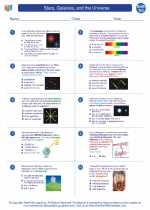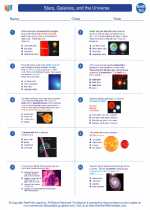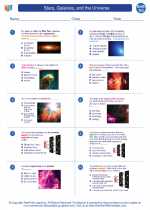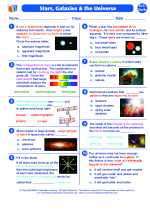Volcanic Activity
Volcanic activity refers to the processes and phenomena associated with the eruption of molten rock, volcanic ash, and gases from a volcanic vent. This spectacular natural phenomenon is driven by the release of pressure from the Earth's interior, often resulting in the formation of volcanic landforms and the release of gases and ash into the atmosphere. Volcanoes are commonly found along tectonic plate boundaries, where the Earth's crust is either colliding, moving apart, or sliding past one another.
Types of Volcanoes
There are several types of volcanoes, including:
Volcanic Eruptions
Volcanic eruptions can range from relatively gentle lava flows to explosive eruptions that produce ash plumes, pyroclastic flows, and lahars. The explosivity of a volcanic eruption is determined by the composition of the magma, the presence of gases, and the type of volcanic vent.
Study Guide
Here are some key concepts to study when learning about volcanic activity:
- Volcano Formation: Understand the processes involved in the formation of different types of volcanoes and their associated landforms.
- Magma Composition: Learn about the different types of magma (basaltic, andesitic, rhyolitic) and their effects on volcanic eruptions.
- Volcanic Hazards: Explore the various hazards associated with volcanic activity, such as pyroclastic flows, lahars, and ashfall.
- Monitoring and Prediction: Investigate the methods used to monitor and predict volcanic eruptions, including seismology, gas emissions, and ground deformation.
- Volcanic Landforms: Identify and understand the characteristics of different volcanic landforms, such as craters, calderas, and lava domes.
- Volcanic Activity and the Environment: Examine the environmental impacts of volcanic eruptions, including their effects on climate, ecosystems, and human populations.
Studying volcanic activity involves understanding the complex interactions between the Earth's interior, the atmosphere, and the surrounding geology. It is a fascinating and important field of Earth science that provides insights into the dynamic nature of our planet.
.◂Earth Science Worksheets and Study Guides High School. Stars, Galaxies, and the Universe

 Worksheet/Answer key
Worksheet/Answer key
 Worksheet/Answer key
Worksheet/Answer key
 Worksheet/Answer key
Worksheet/Answer key
